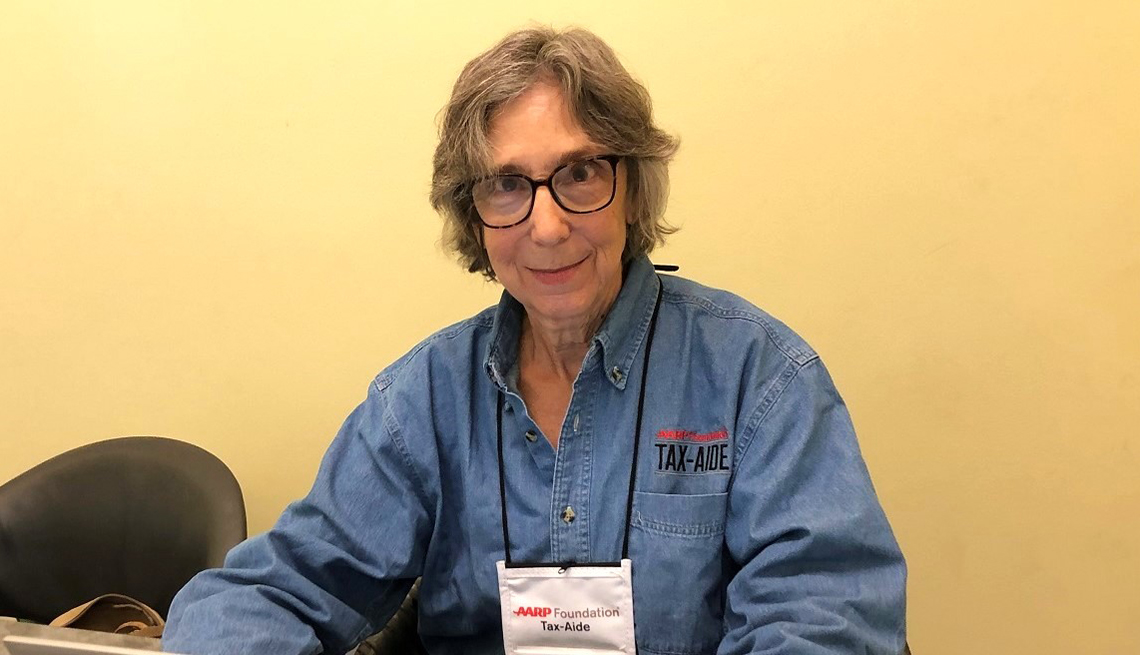
- Select a language for the TTS:
- UK English Female
- UK English Male
- US English Female
- US English Male
- Australian Female
- Australian Male
- Language selected: (auto detect) - EN
Play all audios:
The Union Ministry of Environment and Forests (MoEF) has announced its policy for granting environmental clearance to national manufacturing and investment zones (NMIZs), planned under the
new manufacturing policy of the government. Using the earlier model used for special economic zones, the applications for environmental clearance of the seven proposed investment zones would
be given “highest priority”, the ministry said. According to the memorandum issued by the director of impact assessment division of MoEF, P L Ahuja Rai, on February 14, individual units
within the proposed NMIZs do not have to go through the process of public hearings, which is a crucial part of grant of environmental clearances to industries. “The individual units within
the NMIZs would be exempted from public hearings once a public hearing has been conducted for the entire NMIZ, provided these zones are notified as industrial estates by the state
governments concerned,” says the memorandum issued to all the member secretaries and state governments. At present, seven investment zones are proposed in different parts of the country and
two of these are along the Delhi-Mumbai industrial corridor, say officials with the industrial policy and promotion department of the ministry of commerce. Each of these proposed NMIZs would
need at least 5,000 hectares of land, according to the manufacturing policy announced in the latter half of 2011 by the Centre. According to officials, the proposed zones would help in
meeting the target of 25 per cent gross domestic product set for the year 2022 and 100 million jobs. NMIZs are also supposed to use clean and sophisticated technologies in their premises.
NMIZs would also have special economic zones within them. MoEF is yet to frame a policy for the clearances of SEZ located within NMIZs as the office memorandum proposes exemption of
individual units from public hearings.




